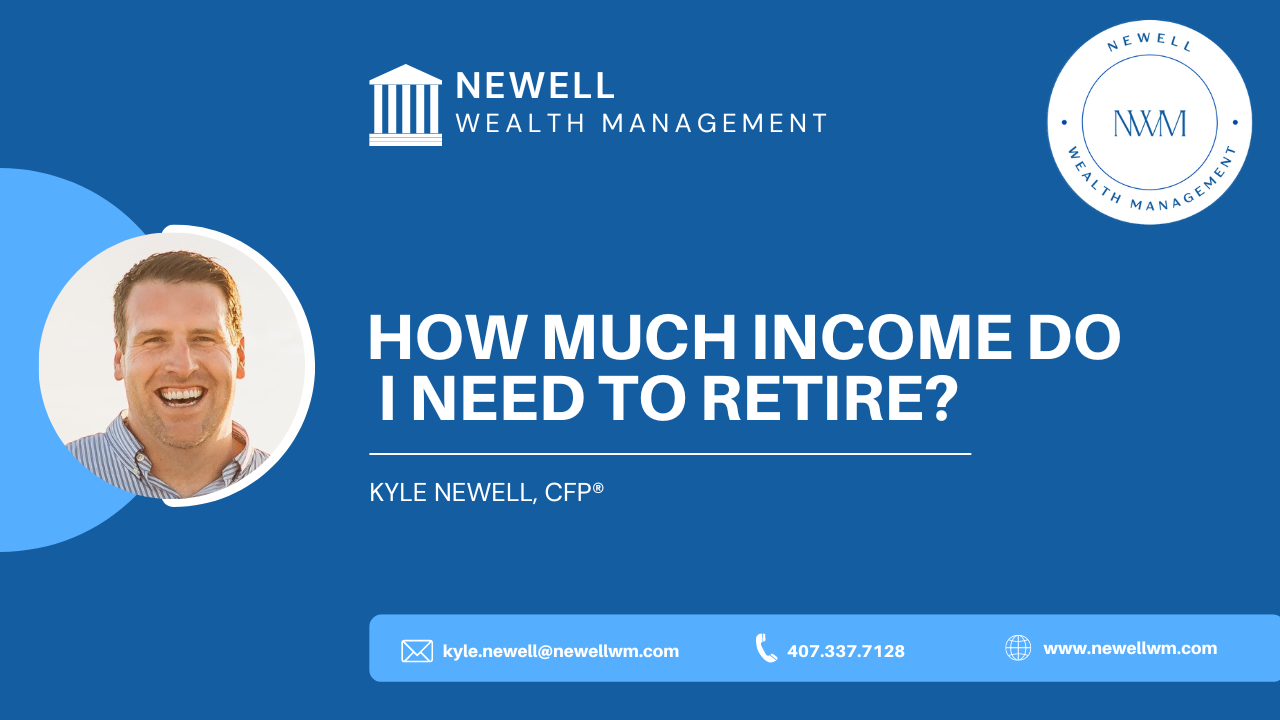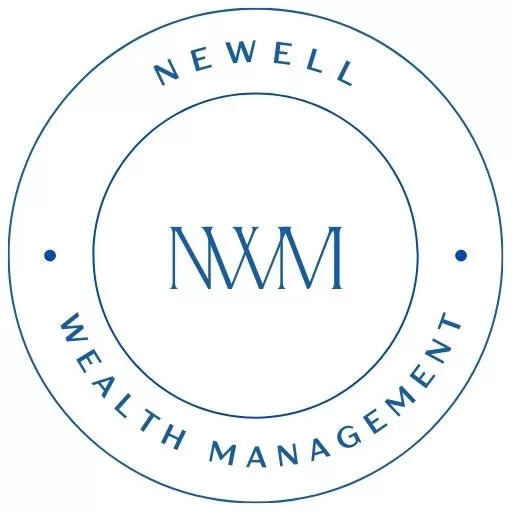How Much Income Do I Need to Retire?

How much income do you need to retire? It’s a question that I get all the time. It’s sometimes easily answered, sometimes not.

Recently my son and I were hanging out and were going to have a movie night. He wanted to build a fort to watch the movie in. Being the dad I am, I wanted to jump in and help him out to have some fun together. Once we started building, I noticed that we didn’t have all the materials that you would need to build a proper fort. So we used the typical household items.
I got out the ladder, stuck the rake in there, put the blanket over the top, and we started to craft this crazy makeshift fort to watch the movie in. Even with the ladder, it wasn’t quite the right size for me as I am about 6’8”, so fitting underneath it was quite the task. Nonetheless, we were able to get our rough and ready fort put together. As we climbed in to start our movie night, wouldn’t you know it, the dog jumped up on the couch, and there went our fort.
You’re probably wondering what this story has to do with the question of how much income one needs to retire. I share the story in jest but sometimes, when I meet with people and we’re looking at their plans, it’s like they’re trying to put together a makeshift fort for movie night and not so much trying to build a real financial fort.
It’s not their fault. Primarily, it’s because they don’t always have the tools and resources available or don’t have the know-how to do something. When figuring out how much income you need in retirement, you want to build a good solid fort because retirement is the only phase of life where you don’t really get a second chance. You can’t borrow money for it. You don’t want to hit up your kids or family for it, so we want to ensure that you get this right.
There are three basic steps to figuring out how much income you need to be able to retire.
Step 1: Figure out how much money you are spending now.
I typically ask people to paint me a picture of what the retirement lifestyle looks like for them. They often lean back, think, and shrug their shoulders as they sit there. It’s a nebulous question to most people because we’ve never been retired. How are you going to be able to know what your lifestyle will look like if it’s 5, 10, 20, or 30 years down the road?
Let’s not forget about what retirement looks like, but for now, what does life look like today? Do you have a grasp on what your expenses are today? If you do, then it’s pretty simple to figure out how much income you need in retirement because you know how much you need right now to live.
There are two ways to dive deeper into how much income you need to live on right now.
A detailed budget
If you are getting into credit card debt or your debts are piling up, you need to go through the budgeting process. This includes writing out all of your expenses, writing out all of your income, and seeing where the discrepancies are. Typically, it’s either too much housing or too much money going out for cars. Sometimes it’s eating out too much or things of that nature.
Take-home pay
A detailed budget may be optional if you already live within your means. In this case, I like to use your take-home pay. How much money is hitting your bank account regularly, and with what frequency? Many of my clients work at Disney, where they are paid weekly. It may be easier to break it out into a monthly number since most bills are paid monthly.
Step 2: Are there things you can drop from those expenses?
Now thinking about retirement, maybe there are some things you can drop off your expense list. For example, it could be your mortgage. Hopefully, your mortgage will be paid off by then. Maybe not. There’s some thought amongst the financial community about whether it’s good to have your mortgage paid off or not. Many people like to have their mortgage paid off by the time they retire.
Remember, when your mortgage drops off, it’s only your principal and interest payments, not your property taxes and insurance, which will continue to be a cost to you. Still, it may be $1000 a month, $1500, $2000, or more per month that drops off, depending on how big your mortgage is.
Also, consider any children-related expenses, such as college expenses, childcare, and extra food costs. Those are things that you could back out of your ongoing expenses to help you figure out how much income you need to retire.
Step 3: What do you need to add back on to figure out your number?
Some examples are health care and health insurance. Right now, if you’re working for a company, a lot of your health insurance is covered or picked up by the employer that you work for. Once you retire, it’s going to be up to you. It may be Medicare at 65, or if you retire before Medicare, there are other health insurance options that are typically a lot more expensive. Health insurance costs can be upwards of $500 to $1,000 per month per person and must be added to your equation.
Once you retire and have extra time on your hands, you may want to travel. You want to do some things, see the world, and spend time with family and friends. All of that does not come for free, especially as we can see now with inflation, gas, and travel costs. It adds up, so you will also want to add in those expenses.
And then also thinking about the phases of life of retirement as well. Typically, you’re young and healthy enough to travel in the first phase. In the second phase, you might start aging and slowing down a little bit. The third phase is typically the most expensive, where you may have long-term care costs, need extra help around the house, etc.

Figuring the numbers
Following the three steps boils down to how much income you need in retirement for your expenses. You’ll also have to assume for taxes, which is a different subject. At a minimum, these steps will get you to a primary number for how much income you will need to cover your baseline expenses and, of course, your wants in retirement.
Let’s look at an example. Let’s say you’re about 5 to 10 years away from retirement and making $100,000 a year. Many say you need maybe 75% to 80% of your income to live. Let’s follow the steps together to help you see how it works.
Step 1: You’re making $100,000 yearly as your gross pay. How much are you taking home after deductions, taxes, 401k, health insurance, etc.? For example, we will say that you go from $100,000 gross pay to $72,000 net income. This ends up being just about $6000 per month in take-home pay. Maybe you need $6,000 each month right now to live.
Step 2: Looking at your expenses, you see that your principal and interest payments for your mortgage are $1,500 per month. Deducting that amount, you are left with $4,500. You’re getting there but remember step 3.
Step 3: Add in things you’re not paying for currently or may have to pay separately, like your health insurance. Suppose it’s $500 a month, bringing your number back to $5,000. You also want to spend another $500 a month for travel or entertainment, bringing your new number to $5,500 per month.
If you’re making $100,000 a year, you know that when it comes time to retire in 5 to 10 years, you will need roughly $5,500 a month in today’s dollars to figure out how much income you need to retire.
This is just a quick formula, so you can now get your pen and paper and start to nail that number down.
Other retirement income questions
Some other questions that naturally start to formulate from there are:
- If that’s how much income I need, how do I create that income
- Will I need part-time work or a side business
- Do I use Social Security, pension, or savings
- If it’s savings and investments, how do I get that much
- How do I take income out of my investments
Those are all great questions that I am happy to discuss with you. We can meet virtually or in person if you live in the Central Florida area. Please email me at kyle.newell@newellwm.com, call/text at 407.337.7128, or schedule a meeting at Schedule – Newell Wealth Management (newellwm.com)
Important Information
Newell Wealth Management, LLC (“NWM”) is a registered investment advisor offering advisory services in the State of FL and in other jurisdictions where exempted. Registration does not imply a certain level of skill or training. The presence of this website on the Internet shall not be directly or indirectly interpreted as a solicitation of investment advisory services to persons of another jurisdiction unless otherwise permitted by statute. Follow-up or individualized responses to consumers in a particular state by NWM in the rendering of personalized investment advice for compensation shall not be made without our first complying with jurisdiction requirements or pursuant an applicable state exemption.
All written content on this site is for information purposes only and is not intended to provide specific advice or recommendations for any individual. Opinions expressed herein are solely those of NWM, unless otherwise specifically cited. Kyle Newell and NWM are neither an attorney nor an accountant, and no portion of this website content should be interpreted as legal, accounting or tax advice. Material presented is believed to be from reliable sources and no representations are made by our firm as to other parties’ informational accuracy or completeness. There is no assurance that the views or strategies discussed are suitable for all investors or will yield positive outcomes. Investment involves risks including possible loss of principal and unless otherwise stated, are not guaranteed. Any economic forecasts set forth may not develop as predicted and are subject to change. All information or ideas provided should be discussed in detail with an advisor, accountant or legal counsel prior to implementation.
